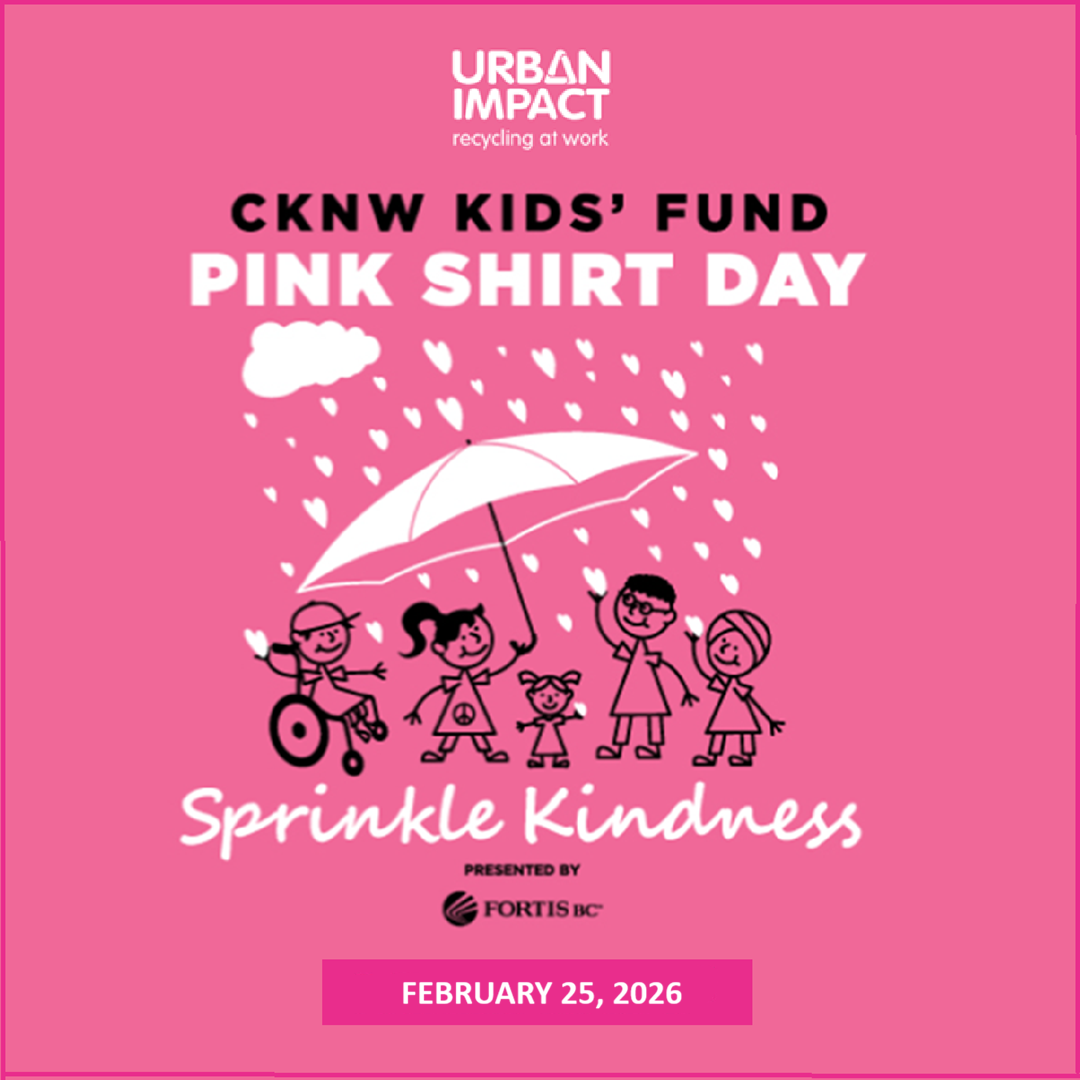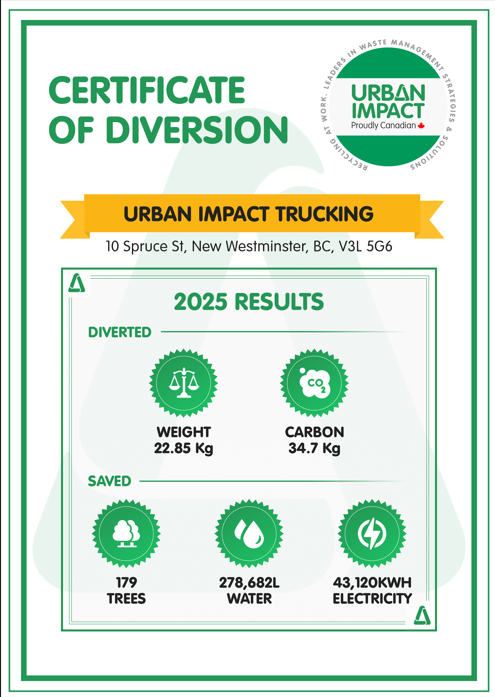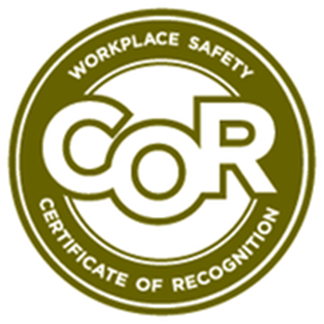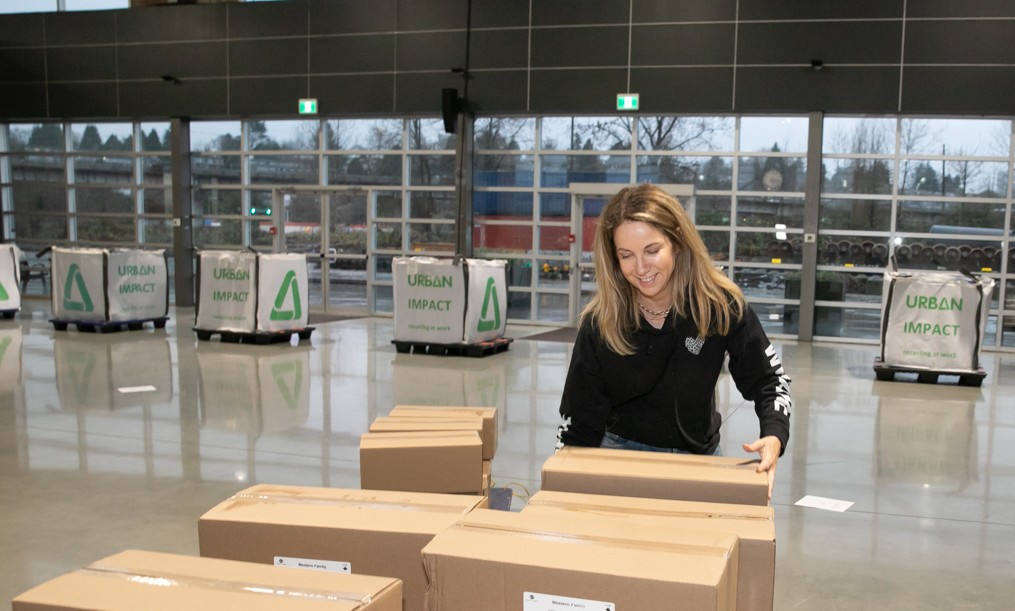LATEST POSTS

With so much controversy in our world and communities about inclusion and acceptance, we want to bring to light our commitment to kindness and humanity to all.
On February 25, 2026, Urban Impact will celebrate Pink Shirt Day. The Pink Shirt Day campaign recognizes the importance of unity, inclusivity, and diversity of all people.

Urban Impact is excited to announce that our newly redesigned and fully electronic Certificates of Diversion are available by request. To request your certificate, please send us an email to reporting@urbanimpact.com.
At Urban Impact, we make every effort to ensure that our customers have the right information and communication tools to inform their teams on how to divert their waste from landfills.

People are at the centre of our company, which means their safety is our priority. As founder of Urban Impact, safety is always at the forefront of everything we do, from recurring training to weekly meetings, and safety reminders throughout our facilities and on our trucks.
2026 Safety Goal
As Founder and CEO, I have set a goal for our company and I’m proud to share that Urban Impact is working toward COR (Certificate of Recognition) certification through the Manufacturing Safety Alliance of British Columbia.

Earlier this holiday season, Urban Impact proudly partnered with the Cause We Care Foundation by donating our Mega Bags for their 19th annual Holiday Care Package Drive.
The organization had over 100 volunteers creating and delivering 1,200 Care Packages to 40 frontline organizations across British Columbia's Lower Mainland making the season brighter for those struggling during the holidays.

